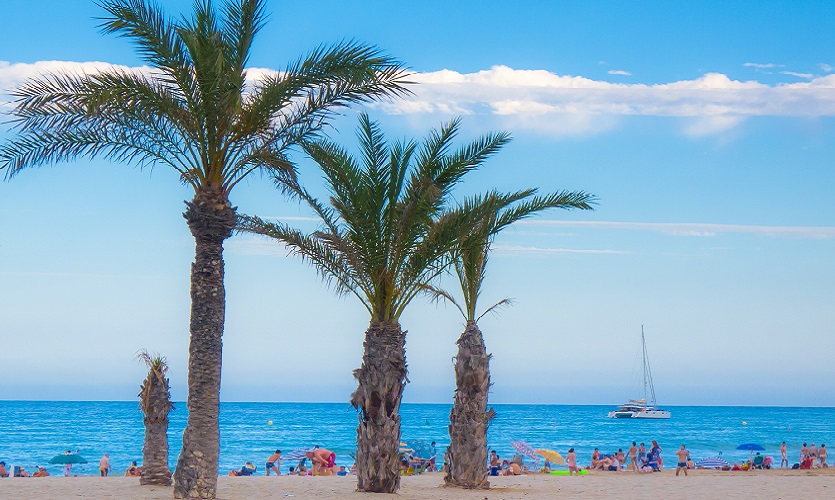Tourists say ignorance is bliss - research

Research shows that far from choosing safe and familiar locations, holidaymakers prefer places they know little about.
In fact, the more people look into a place, the less inclined they are to go there, according to research from Liverpool John Moores University.
“People want to go somewhere based on preconceived ideas, they don’t want to know exactly what it is like before they get there,” explained Dr Vito Tassiello, a senior lecturer in consumer behaviour at Liverpool Business School.
“It seems odd in this information age, but I guess when it comes to escaping people like to dream!”
Counter-intuitive
In the study, around 200 people were offered the choice of reading 2, 4, 6, 8 or 10 ‘nuggets of information’ about an unfamiliar destination. Nearly three-quarters (73%) intuitively said they would prefer a higher number than a lower number of cues. However, when the pieces of data themselves were revealed, they took an opposing view.
The detailed information related to leisure and events; natural attractions; socio-cultural events; gastronomy; shopping; hospitality services; transport and infrastructures; climate; accessibility to attractions and variety on offer.
Given 2 nuggets of information about these topics people were curious to find out more but faced with 8 cues or more they were turned off the destination.
The research suggests that too high a volume of information about a destination appears to reduce the novelty of that place. Consequently, the intention to travel to that location decreases, and consumers look toward more unique and original holidays.
More exotic
“People appear more disposed to choose a destination when, having ascertained a basic number of facts, they then revert to their initial preconceived ideas about the place,” adds Dr Tassiello.
“We observed how higher information decreases the willingness to select that destination due to the fact that the destination is then perceived as too close with personal tastes. Tourists may look for something that is exotic to them.”
Dr Tassiello recommends that holiday operators consider sharing information gradually and be more aware of the consumer’s level of interest.
“Unfortunately for the industry, certain consumers are switching off places which appear to fully match with their conception of that place. The good news is, they will go somewhere else instead.”
-The paper ‘How subjective knowledge influences intention to travel’ is authored by Dr Vito Tassiello, (Liverpool John Moores University) and Dr Jack Tillotson (Häme University of Applied Sciences, Finland) and published in Annals of Tourism Research www.elsevier.com/locate/annals


